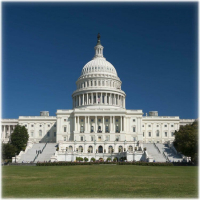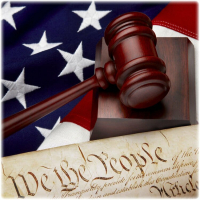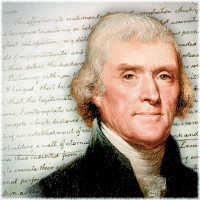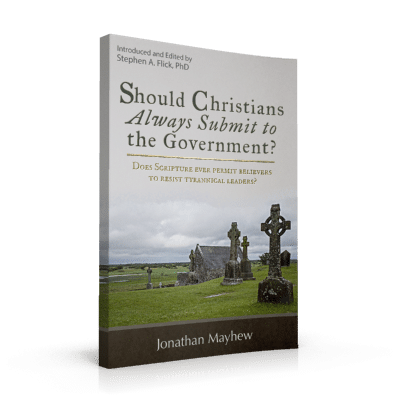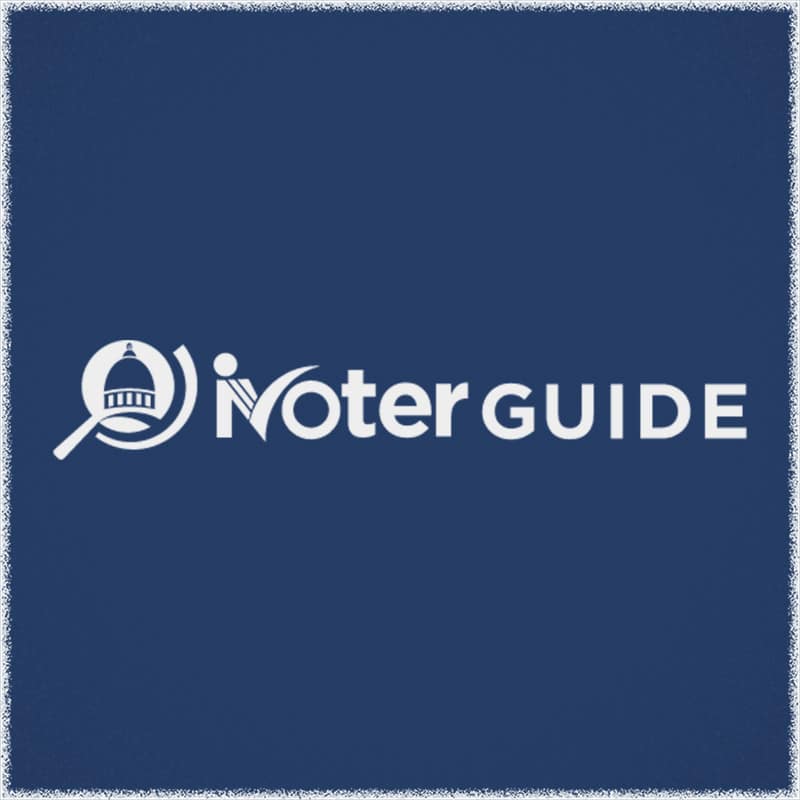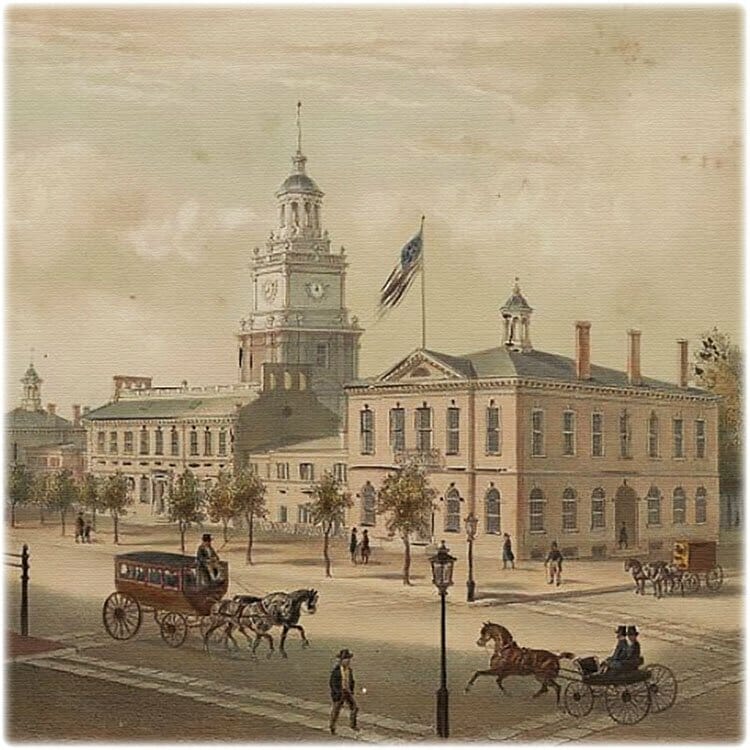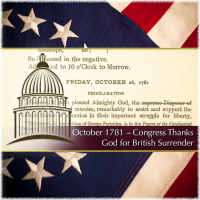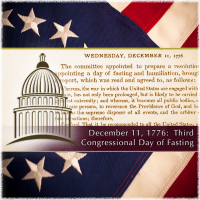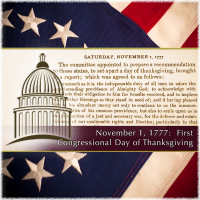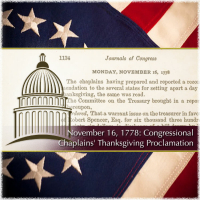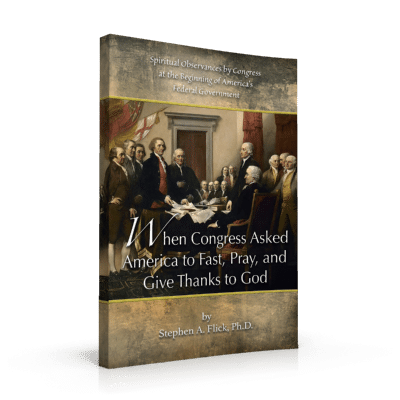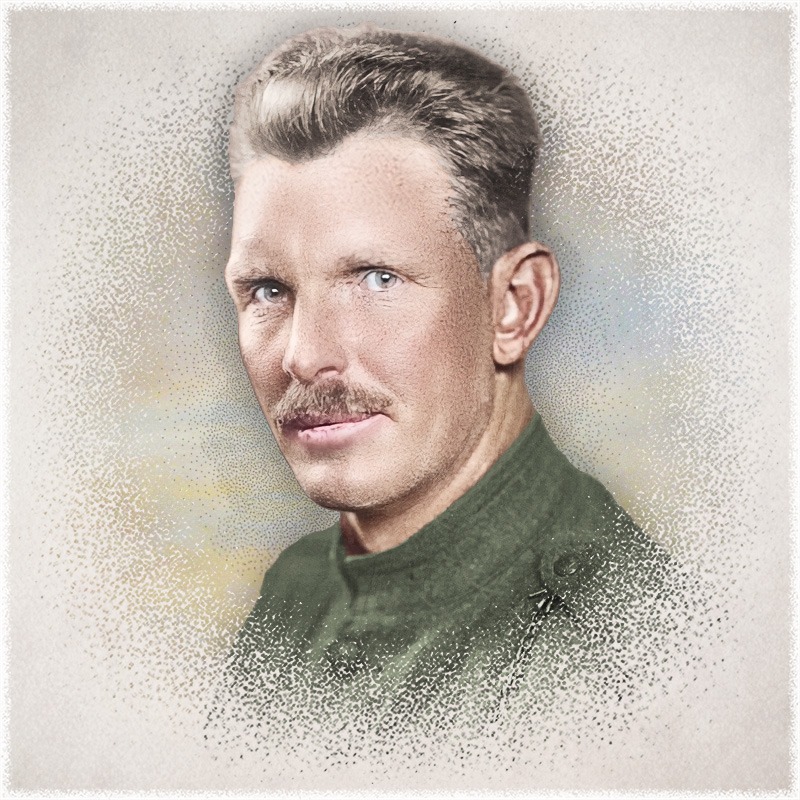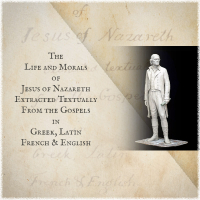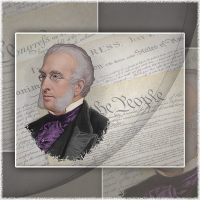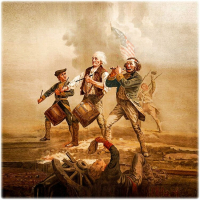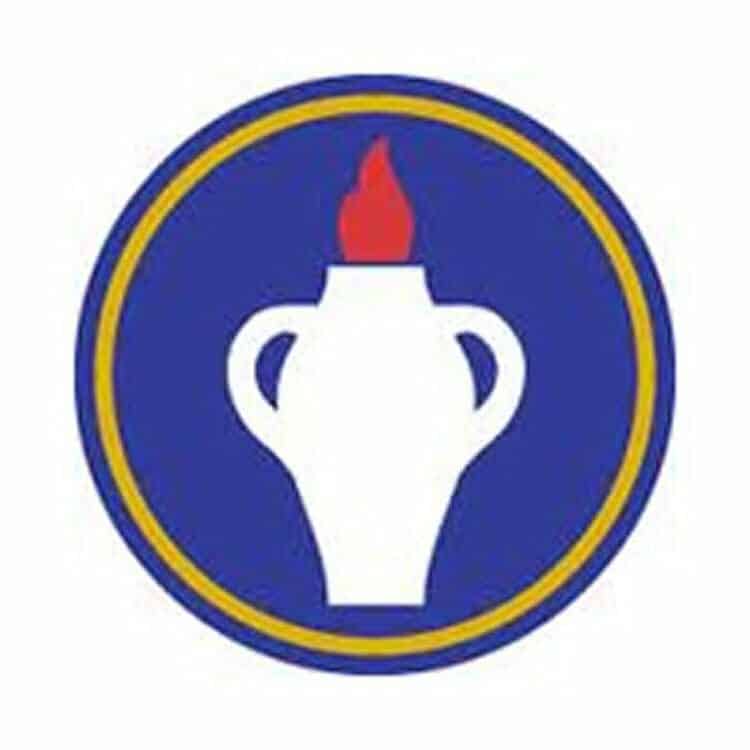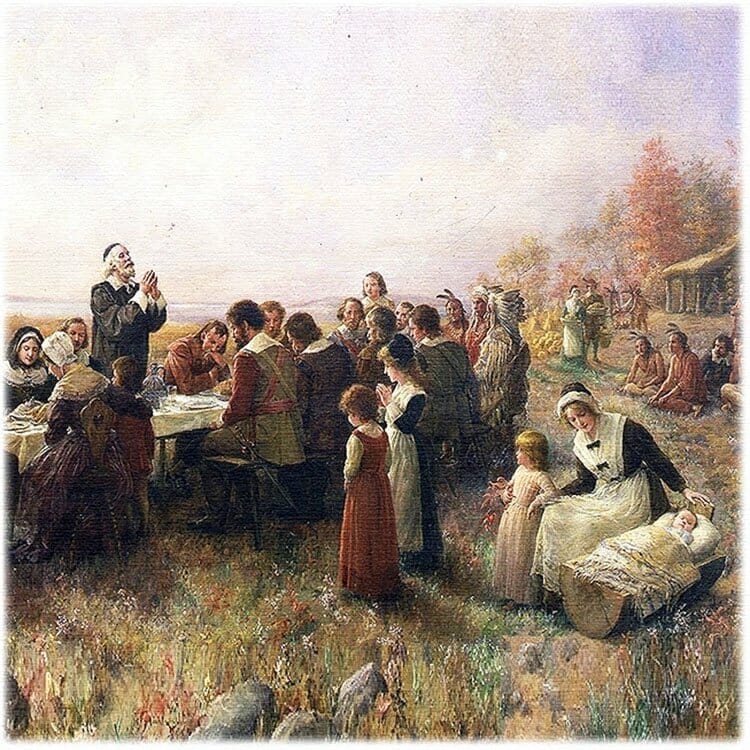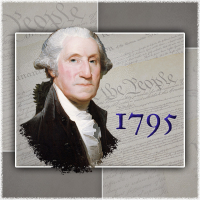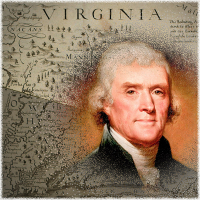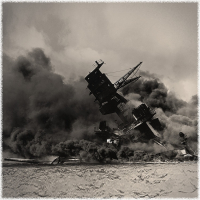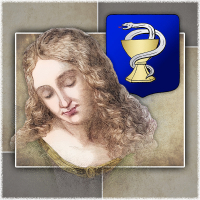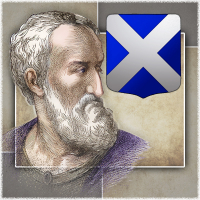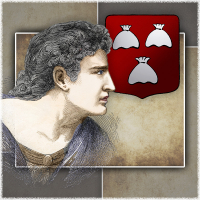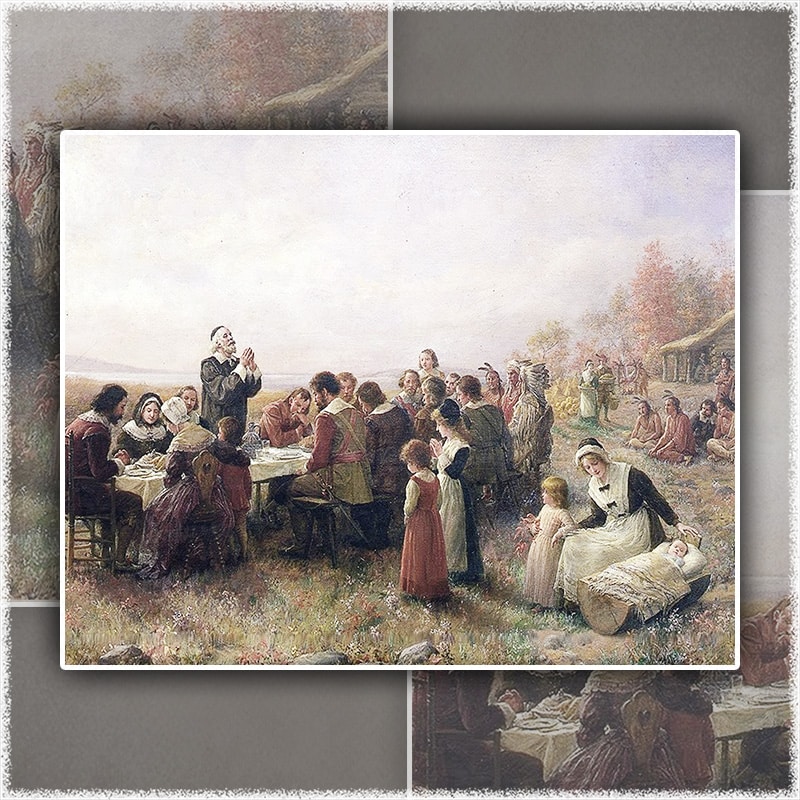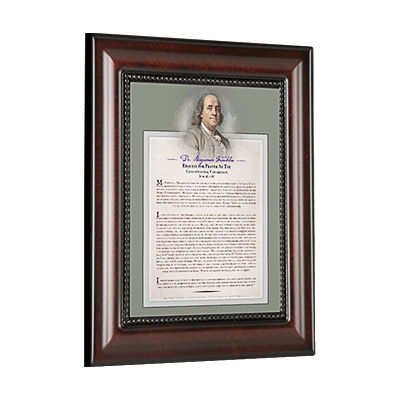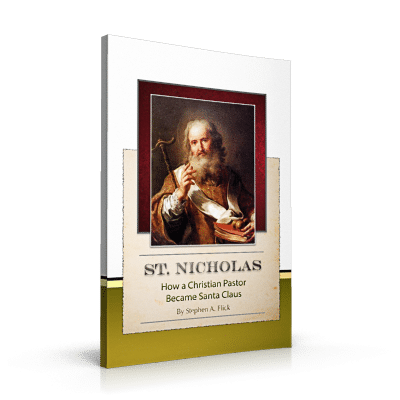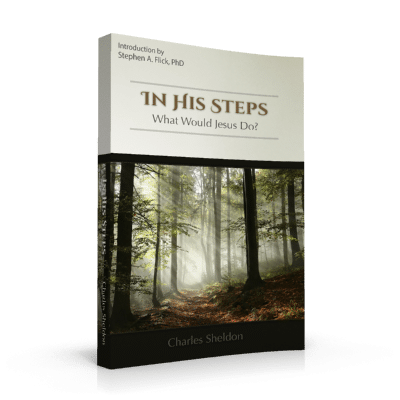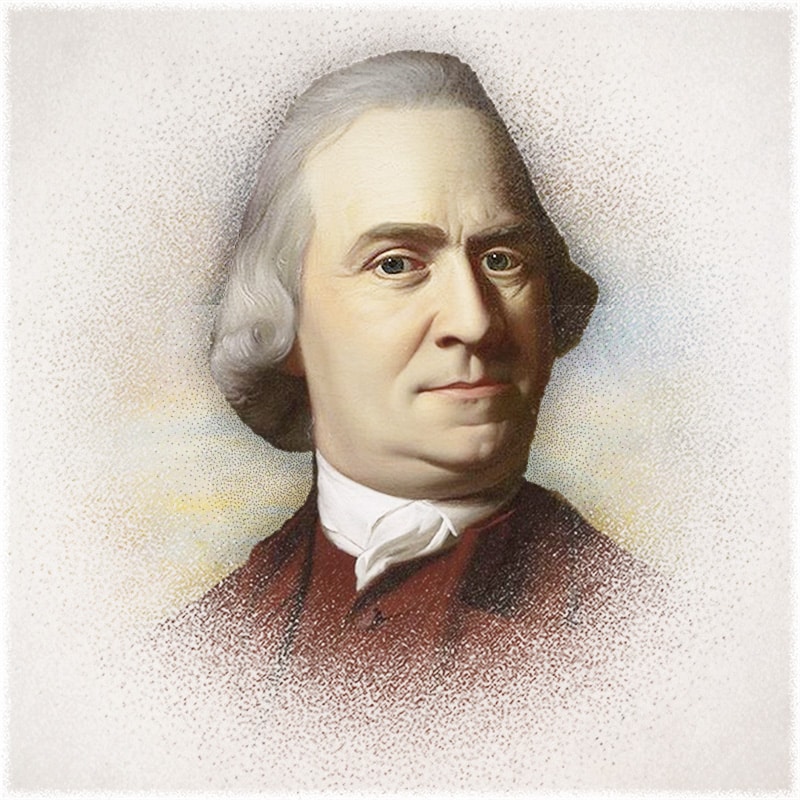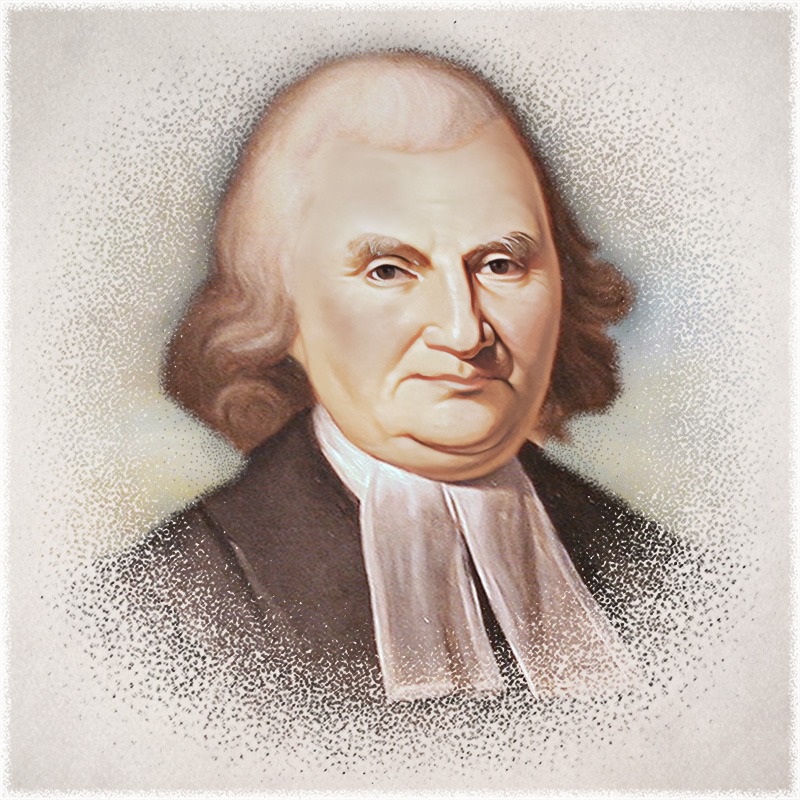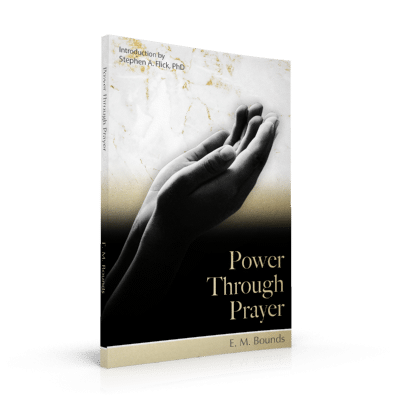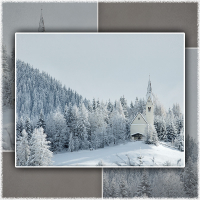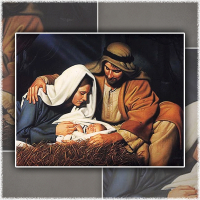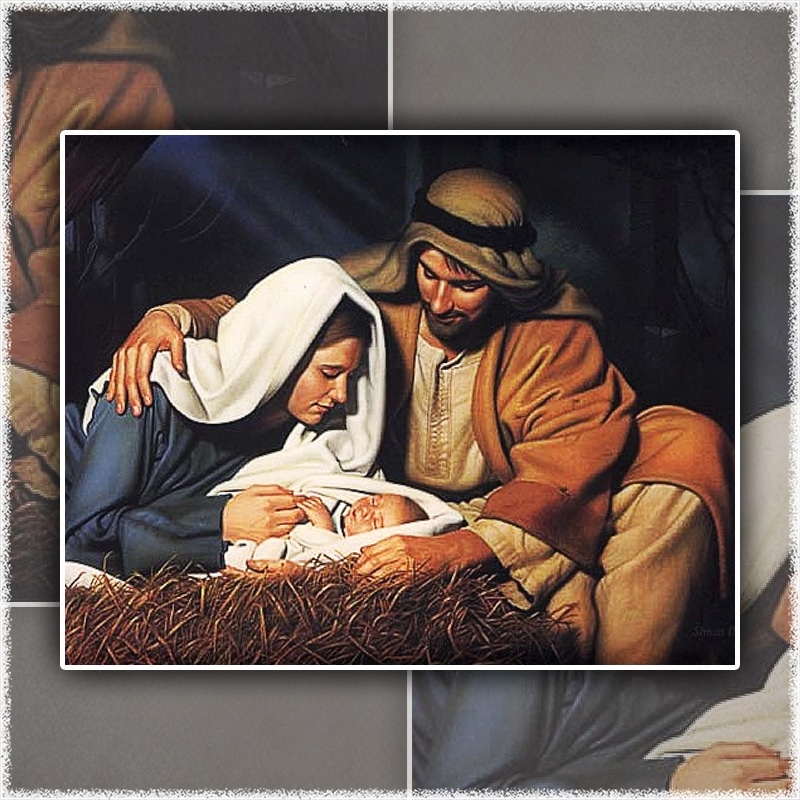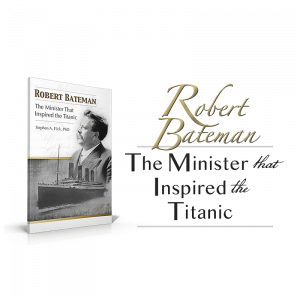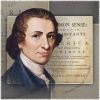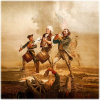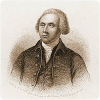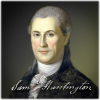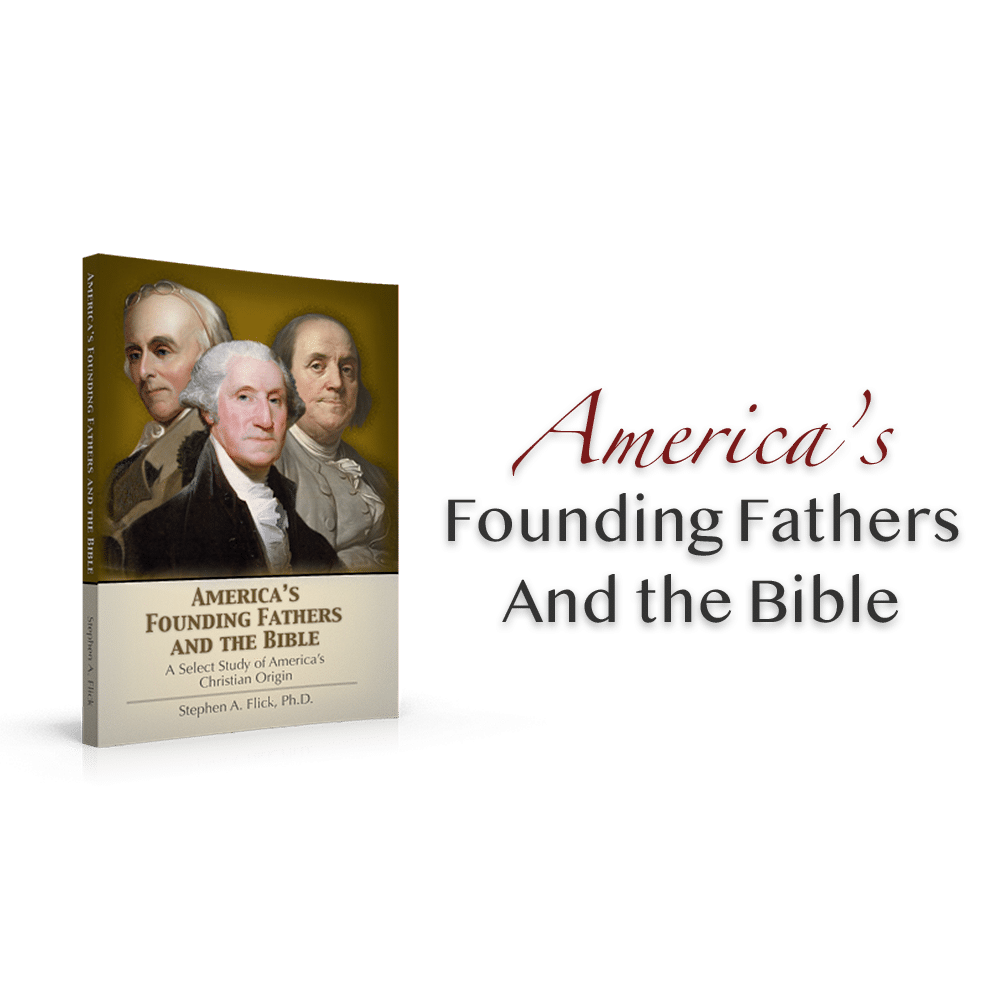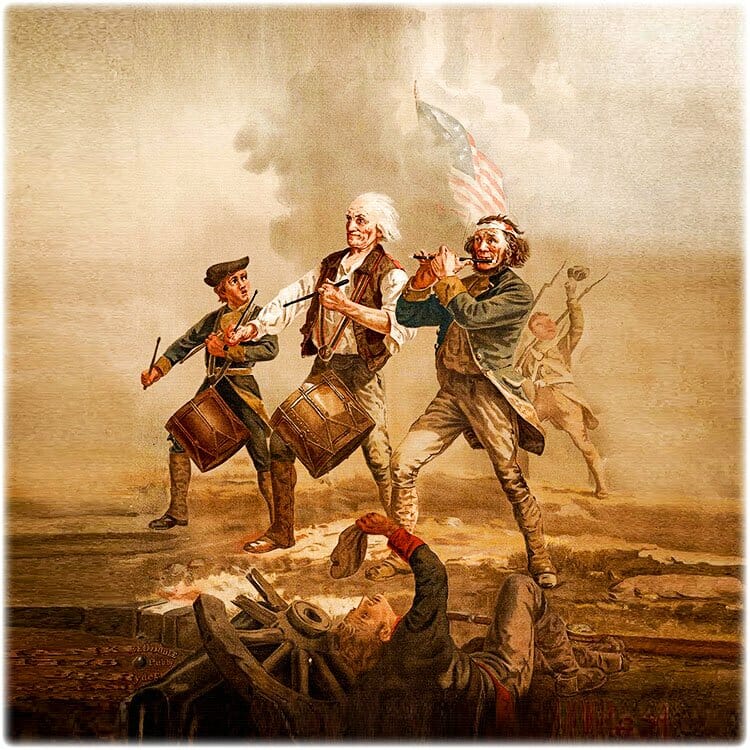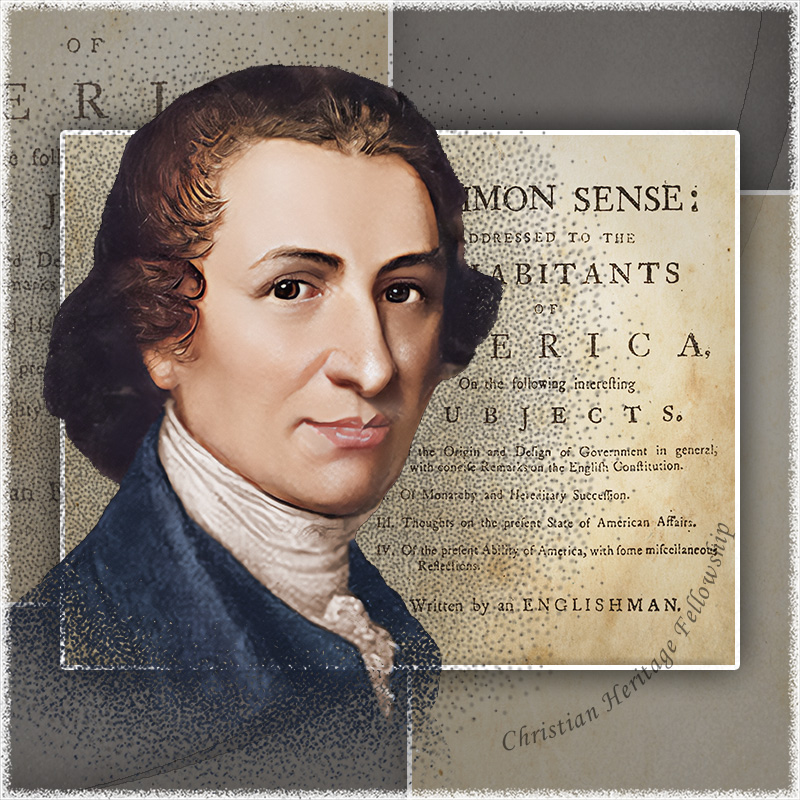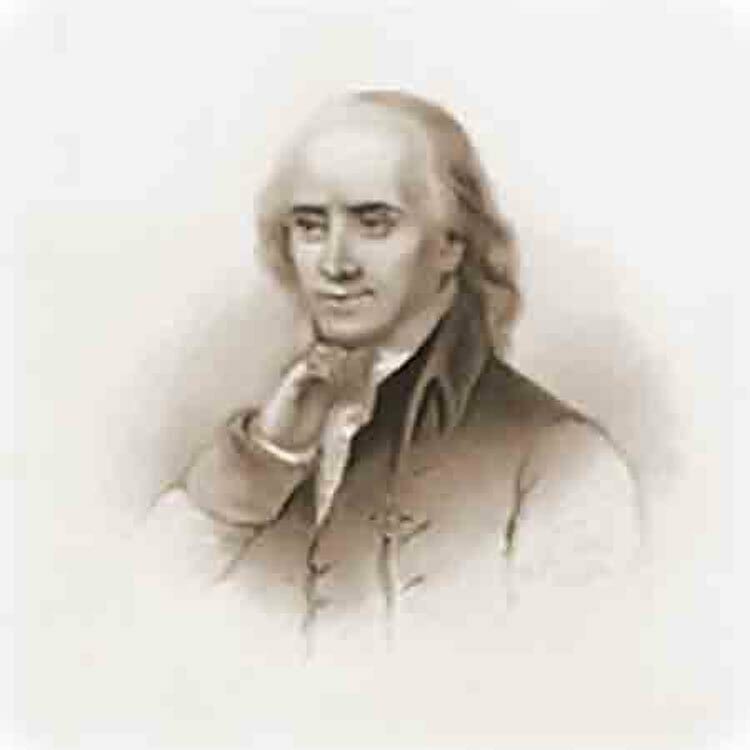Christian Living in November
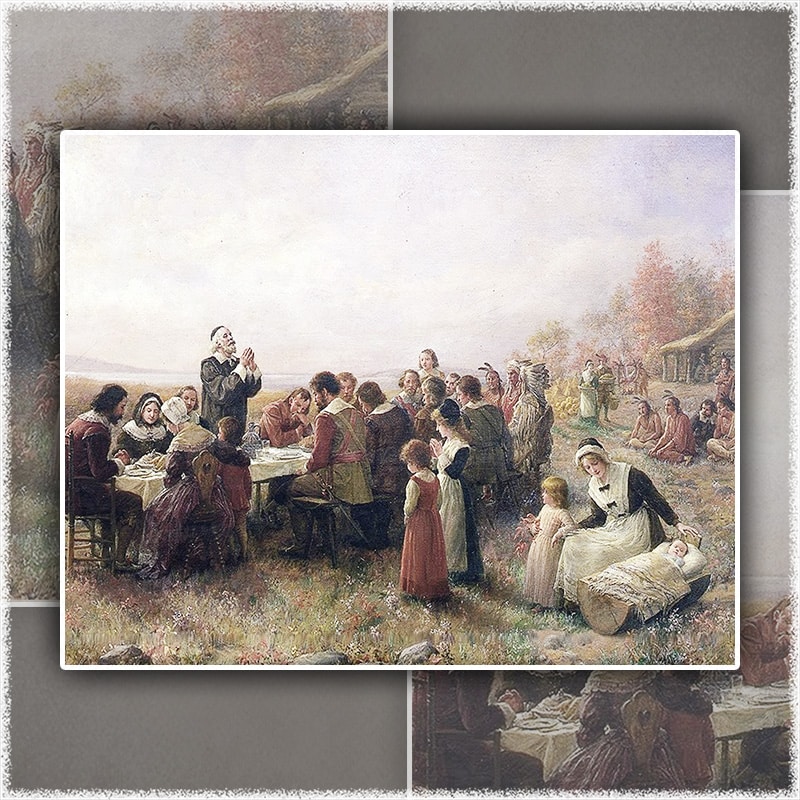
The holidays of America and most of Western civilization are the result of Christian influence and origin.[1] As some of the most important holidays in America and throughout the world are celebrated at the end of the year, it is appropriate to rehearse the significance of their Christian beginnings. While secularists, atheists, agnostics, "free thinkers," and other forms of irreligion attempt to rob Christians of the heritage they have given to the world, followers of Christ must be more deeply resolved not to allow this group of antagonists to bully Christians and the world into submission.
As the calendar year draws to an end, many opportunities for meaningful Christian celebration should not be overlooked. In America, Christians should make every effort to capitalize on the Christian heritage bequeathed to the nation by our forefathers—especially Christian Heritage Week, Bible Sunday, Thanksgiving, and Christmas, not to mention lesser-known observances. Important historical and spiritual events should not be permitted to lapse without being duly noted an observed by Christians—whether in the home, business, or local congregation.
Contents
In addition to the highlights of this month that are discussed below, additional subjects of interest regarding our Christian heritage are presented online, where they are arranged according to dates of occurrence—with particular attention being given to the influence Christianity has exercised upon the origin of America. The online calendar where these articles are arranged is under continual development with new articles appearing as they become available. By clicking the message box below, readers will navigate to the present month under consideration.
To navigate to our online calendar, please click this box.How November Received Its Name
The last four months of our year, September, October, November and December, all receive their names from Latin numerical terms. Prior to the introduction of January and February into our calendar system, the old Roman calendar employed a calendar of only ten months. Latin numbers were given to these months: septem, (meaning seven) became September; octem, (meaning eight) became October; novem (meaning nine) became November; decem (meaning ten) became December. When January and February were added to the ten-month calendar to become our twelve-month calendar, these latter four months retained their Latin names.
In the Julian and Gregorian Calendars, November is the eleventh month of the year. November in the Northern Hemisphere is one of the months of autumn, but in the Southern Hemisphere it is the seasonal equivalent of May in the Northern Hemisphere and vice versa.
The official birth flowers of November are the chrysanthemum and peony. The chrysanthemum were first cultivated in China during the 15th century BC as a flowering herb and reached the Western world during the 17th century. Today, it is estimated that more than 20,000 varieties of chrysanthemums exist and because of their popularity are known as the “Queen of Fall Flowers”. They are believed to symbolize friendship and convey well-wishes.
Observance: Prior to Election Day
While the overwhelming majority of Americans are not pastors or church leaders, all Christians should be aware of the active role pastors played in early America to bring about the birth of the nation. America was founded on Christian biblical principles, but for many years, denominational leaders have failed to encourage the clergy and local churches to speak out on political issues. Fear of reprisal from the IRS has enslaved many denominational leaders to the notion that Christians should not speak out concerning the political direction of the nation. But early American ecclesiastical leaders were not timid about proclaiming the fact that Scripture teaches that the reign of Christ should be extended to the entire world, including politics.
Pastors are encouraged to invited local politicians to an Election-Day Service to remind them of their duties under God and their responsibility to the Christian legal foundation of America. King George III reigned over the British Empire at the time of the American Revolution. He realized what Americans have forgotten. King George called the Revolution in America a "Black-robe Rebellion" because many pastors wore black clerical attire into their pulpits and preached that if the King and the English Parliament would not abide by the Law of God, the citizens had a right to throw off the yoke of tyranny. Pastors laid the theological foundation for the greatest nation in the history of the world, and if America is to remain great, pastors and church leaders will have to take a stand as courageous as our spiritual forefathers.
Some Related Articles:
Please click for more information: Should Christians Always Submit to the Government?
The first Tuesday in November is "Election Day." Below are some valuable resources for Christians and church leaders with regard to this important opportunity to help Christianize our nation:
American Family Association: Voter Resources
Christian Coalition: Voter Guides
Eagle Forum: Election Central
Million Voices: Million Voices Voter Guide
WallBuilders: Election Resources and Information and Christian Voter Guide
Spiritual Proclamations of Congress
Remembrance: Congressional Spiritual Proclamations in March
Among the thousands of documents and events that demonstrate America's Christian origin are the sixteen spiritual proclamations issues by Congress during the American Revolution. Following the pattern of fasting, praying, and offering of thanksgiving to God that was use in the New England Colonies, Congress asked the American states to fast and pray in the spring and offer prayer and thanksgiving in the fall of the year. States were asked to invite their citizens to cease their labors and observe the day as proscribed by Congress.
The first of the sixteen spiritual proclamations was issued in late spring on June 7, 1775 and was a fasting and prayer proclamation. The sixteenth and last spiritual proclamation to be issued by Congress on August 3, 1784 was a thanksgiving proclamation.
Congress issued two proclamations in the month of November during these years. The spiritual proclamation numbers, the dates they were issued, and the purpose for which they were issued are listed below:
Proclamation #4 – November 1, 1777: Thanksgiving
Proclamation #6 – November 16, 1778: Thanksgiving
Some Articles in This Series:
All sixteen proclamations: When Congress Asked America to Fast Pray and Give Thanks to God
Observance: On or prior to November 11
In the United States, Veterans' Day is usually observed on November 11. If this date occurs on a Sunday, usually the following Monday is employed as the day of observance. If the eleventh should fall on a Saturday, it may be observed that day or the beginning of the following week.
One of America's most decorated veterans was Sgt. Alvin York of Pall Mall, Tennessee. He was a deeply committed Christian who sought to live a sanctified Christian life as a member of the Churches of Christ in Christian Union (Circleville, Ohio). He was America's most highly decorated veteran of World War I.
See our featured article:
Bible Sunday and National Bible Week
Observance: Sunday before to Saturday after Thanksgiving
National Bible Week begins the Sunday before Thanksgiving. That Sunday is designated as Bible Sunday. Because Bible Sunday immediately precedes Thanksgiving, it generally receives little if any attention. Therefore, it is suggested that pastors and local churches observe Bible Sunday one Sunday earlier to call attention to Bible week and yet make allowance for attention to be given to Thanksgiving the Sunday before Thanksgiving. Observing Bible Sunday one week earlier will also allow pastors sufficient opportunity to celebrate Thanksgiving the Sunday before this important holiday.
One of the most influential organizations used of the Lord to distribute Bibles around the world has been The Gideons International. Gideons are laymen and women who give sacrificially of themselves and their personal resources to advance the kingdom of Christ. It is safe to make the generalization that no other Bible-distributing organization contributes as much to the local churches throughout America and many parts of the world as does The Gideons International. Usually, local camps or organized groups of Gideons have speakers available to speak at local churches. In many cases, arrangements may be made with local Gideons for one of their speakers to address a congregation, speaking for a small portion or the entire speaking-portion of the service. A love offering will be deeply appreciated and used wisely to continue to place Bibles in hotels, hospitals, and other places where souls are in need of Jesus Christ. Please help the Gideons today!
You may also wish to see:
International Day of Prayer for the Persecuted Church
Observance: First or second Sunday of November
The International Day of Prayer for the Persecuted Church is held in early November. In Western Christianity, the lives of Christians who have departed this world have been remembered in early November through "All Saints Day" and "All Souls Day." It is fitting that the modern Church set aside early November as a time to remember and pray for fellow believers who are being persecuted around the world. Many Christians support this effort through the International Day of Prayer for the Persecuted Church (IDOP).[2]
Riding upon the shoulders of Darwinism, irreligious and secular governments around the world seek increasingly to flex their tyrannical muscles. Secular irreligious governments, unfettered by divine law, always establish man's hateful, intolerant laws. The twentieth century alone clearly demonstrates how irreligious Darwinian governments have slaughtered millions around the world. Because America's Founding Fathers believed human rights originate with God, it is not possible to be a Darwinist or Marxist and be a true American.
See suggested resource:
Observance: Fourth Thursday of November
In America, the Thanksgiving tradition is commonly traced to 1621, the year after the Pilgrim Fathers arrived in the New World. After arriving in present-day Massachusetts, the Pilgrims experienced an extremely difficult first winter in their new home. With the assistance of the Wampanoag Natives Indians, the Pilgrims enjoyed a bountiful harvest in 1621, and to celebrate God's goodness, the Pilgrims joined with Natives to celebrate. Though an annual Thanksgiving feast was not observed until the 1660s, subsequent Thanksgivings to 1621 were observed. In addition to feasts, the Pilgrims and Puritans, who followed to the New World, also observed seasons of fasting. This latter practice was used by civil leaders in the American Colonies for many years. President George Washington issued the First Presidential Thanksgiving Proclamation on October 3, 1789, establishing November 26, 1789 as a day of thanksgiving and prayer to "Almighty God" for His providential care of our fledgling nation.
See our featured articles:
Observance: On or before November 30
The Apostle Andrew, the brother of St. Peter, carried the Gospel to many Asiatic nations, beginning his missionary endeavors in the Provinces of Vithynia and Pontus on the southern shores of the Black Sea. It is believed that he subsequently traveled to the City of Byzantium where he established a church.
In one of his missionary tours to Achaia (Greece), Andrew visited the city of Patras where his preaching and miracles drew many to Christ, including Maximilla, the wife of the Roman Proconsul, Aegeates. The Proconsul's own brother, Stratoklis, followed the example of his sister-in-law, Maximilla, and became a Christian as well. Andrew, realizing the sincerity of his faith consecrated Stratoklis to the office of Bishop of Patras. What followed this experience resulted in Andrew's martyrdom.
See our featured article:
Christianizing Your World in November
Our suggested resources for the month of October address several subjects of importance. In addition to suggested timely reading materials, our occasional Heritage Hallmarks remind our readers of significant moments in the life of the Christian Church and American life. They are designed to reflect upon the remarkable heritage bequeathed to America and the world by the Christian Faith and seek to visualize important moments in history. Secular influence has removed important monuments of Christian influence, but our Heritage Hallmarks allow parents and grandparents the opportunity to remind succeeding generations of the glorious heritage of Christianity. For a list of additional materials available at our site, please click the following link: Our Resources.
To speak intelligently to a believing and unbelieving world, Christians must not only be able to defend the truth associated with the lives of the virtuous, but must also be prepared to expose the facts concerning the villainous. For this reason, individuals and events that are both beneficial and malignant are noted below. Knowledge of the virtuous provides insight into how the believer should live, while examples of the villainous prepare believers to "give an answer" to every individual of how life should not be lived (1 Peter 3:15).
November 1772: Samuel Adams initiated the formation of the Committees of Correspondence that was so vital to the development of American interests prior to and during the Revolutionary War. See our article: America's First Run-in with the Media
November 11, 1620: After more than two months at sea, the Pilgrims arrived at Cape Cod.[3]
November 14, 1915: Booker Taliaferro Washington (April 5, 1856 - November 14, 1915) was an African-American educator, author, orator, and advisor to presidents of the United States. Between 1890 and 1915, Washington was the dominant leader in the African-American community. For more information concerning his influence upon American education, see David Barton, Four Centuries of American Education, 41.
November 15, 1794: John Knox Witherspoon (February 5, 1723 - November 15, 1794) was a Scots Presbyterian minister and a signatory of the United States Declaration of Independence as a representative of New Jersey. As president of the College of New Jersey (1768-94; now Princeton University), he trained many leaders of the early nation and was the only active clergyman and the only college president to sign the Declaration.
November 22, 1963: Clive Staples Lewis (29 November 1898 - 22 November 1963), commonly called C. S. Lewis and known to his friends and family as "Jack", was a novelist, poet, academic, medievalist, literary critic, essayist, lay theologian, and Christian apologist. Born in Belfast, Ireland, he held academic positions at both Oxford University (Magdalen College), 1925-1954, and Cambridge University (Magdalene College), 1954-1963.[4]
November 25, 1748: Isaac Watts (17 July 1674 - 25 November 1748) was an English hymnwriter, theologian and logician. A prolific and popular hymnwriter, he was recognized as the "Father of English Hymnody", credited with some 750 hymns. Many of his hymns remain in use today, and have been translated into many languages.
November 30, 1864: The Battle of Franklin, TN was waged between Union and Confederate forces on this date. Confederate chaplain Edward McKendree Bounds was engaged in the conflict and taken captive. E. M. Bounds is widely known for his writings on prayer.
One of the most deeply esteemed books on prayer: Power Through Prayer
America deserves to know its true heritage.
Please contribute today!
[1] Though Dr. Schmidt's interest focuses upon the commercialization of American holidays, his book still reflects the Christian influence of American holidays: Leigh Eric Schmidt, Consumer Rites: The Buying and Selling of American Holidays (Princeton: Princeton University Press, 1995).
[2] Usually this is observed the first or second Sundays of November and dates of observance vary among organizations supporting this effort. See idop.org and onewiththem.com.
[3] Bradford, Plymouth Settlement, 64.
[4] See John Woodbridge, More Than Conquerors: Portraits of Believers from All Walks of Life.





